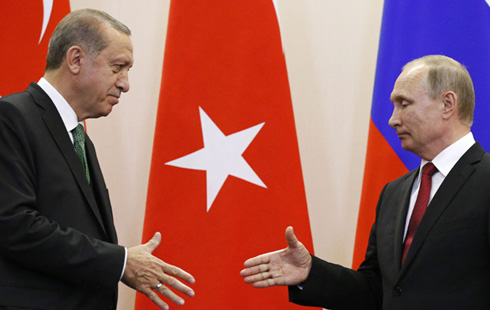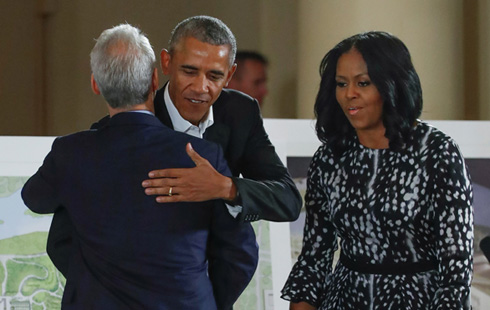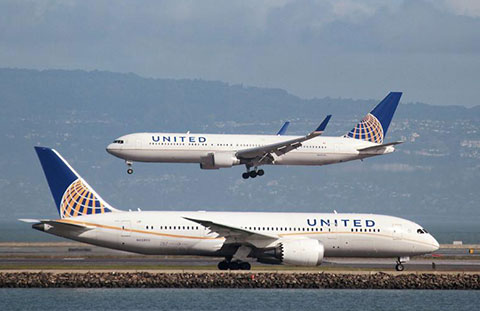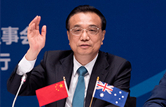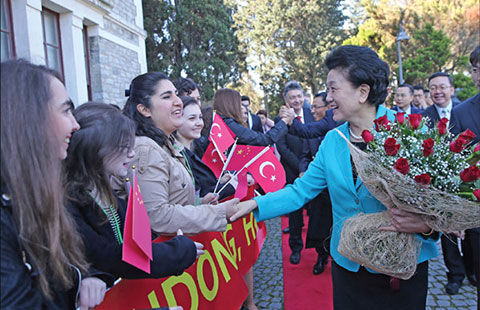China comes to Central Europe
In the process of untangling the many storylines concerning Poland's involvement in the Belt and Road Initiative, every person I spoke with offered the same piece of advice: "You have to visit Warsaw's 'Chinatown'."
I soon discovered this was a misnomer. Poland's Chinese Trade Center is located in Wolka Kosowska, about 25 kilometers outside the capital, and it is anything but a tourist hot spot.

Far from my temporary base among the pedestrianized streets and beautiful redbrick buildings of central Warsaw's reconstructed Old Town, I approached a huge industrial estate, busy with trucks offloading goods at giant warehouses.
Delicious, authentic Chinese food is available at the restaurants, though they serve the center's thousands of employees rather than travelers.
Poland is the European Union's least diverse country, yet scores of workers from China, Turkey and East and South Asia were whizzing around the massive property on scooters.
The center is the largest Chinese trading market in Central Europe, according to Felix Wang, deputy CEO of GD Poland International, which owns the facility.
Built in the early 1990s by a group of Chinese entrepreneurs looking to establish a regional foothold for exporters, the center houses 850 shops that sell wholesale to supermarkets and retailers across Poland. Shoes, clothing, watches, beach balls, mannequins - pretty much anything is for sale, and 90 percent of the goods come from China.
"Most of the goods arrive by ship from China," Wang said.
He estimated that about 2,500 people work at the center, many of them living in nearby accommodation built especially to serve the facility.
The retailers operate independently so it's difficult to calculate the volume of goods that pass through the gates every day, but Wang anticipates that the initiative will boost business.
"The local market needs these products," he said. "We are sure the initiative will help us and our clients. It will make trade and business easier, quicker and cheaper."





